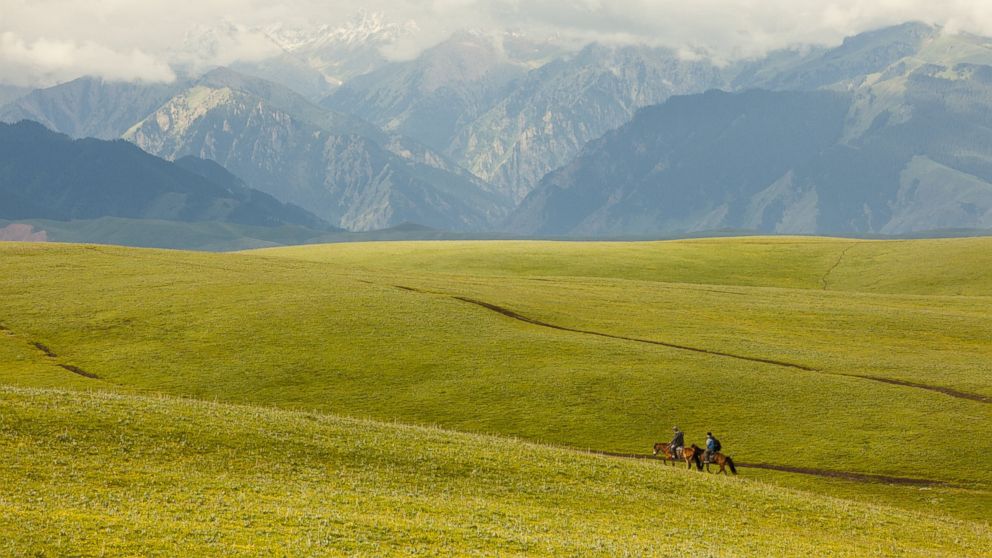China Paid Tourists $80 to Travel to Plagued Province
In wake of terror attacks, tourism in this Chinese province is struggling.

May 30, 2014— -- How much would someone have to pay you to visit an area under siege?
Chinese officials recently offered 500 yuan -- or approximately $80 -- to anyone who traveled to its beleaguered Xinjiang province, the site of recent terrorist attacks by Uighar activists.
Bordering Russia, Mongolia, Kazakhstan, Kyrgyzstan, Tajikistan, Afghanistan, Pakistan and India, the vast region offers scenic mountain ranges, bucolic lakes and several cities. But according to reports on China Radio International (CRI), tourism in the northwestern province has dropped by 40 percent in the last 12 months as travelers' fears escalate over safety concerns.
READ: 31 Dead, 90 Injured in China Marketplace Bombing
READ: What You Need To Know About Terrorism in China
"Many tourists went skiing and skating in Xinjiang during the winter, but since the deadly knife attack in Kunming in March, many have postponed their tour,” Inam Nesirdi, the region’s tourism chief, told CRI.
More recently, bombs were hurled from two SUVS at a bustling marketplace, killing 31 and injuring more than 90 bystanders. Separatists blame the recent bloodshed in urban areas on policies favoring Chinese over the native Uighars.
Speaking on behalf of Xinjiang tourism publicity and promotion, Fan Fenliang told CRI that the promotion, which lasted from January through April, was directed at tour groups in 19 other provinces. Individuals were given coupons totaling 20 million yuan for use while shopping, at hotels, and local attractions.
Whether traveling the region is safe for tourists is a point of difference, depending upon who you ask. In response to the tourism incentive, some Chinese bloggers expressed enthusiasm for seeing the more remote areas of Xinjiang.
Others were still deterred.
"Sorry, I won't visit a place with a hostile atmosphere," wrote one commenter in reaction to the news.
While the promotion was not available to those outside the country, experts in the U.S. noted that current restrictions on American travelers would have precluded participation.
"I think by and large Xinjiang is safe for tourists, who to the best of my knowledge have not yet been targeted," said Stanley Rosen, a professor in the Department of Political Science at the USC US-China Institute. "But things change quickly and I wouldn't want to wander off into the rural areas, even if they are safe. Of course, the Chinese government has placed most areas of Xinjiang off limits to Western tourism anyway so that's not really an issue."




